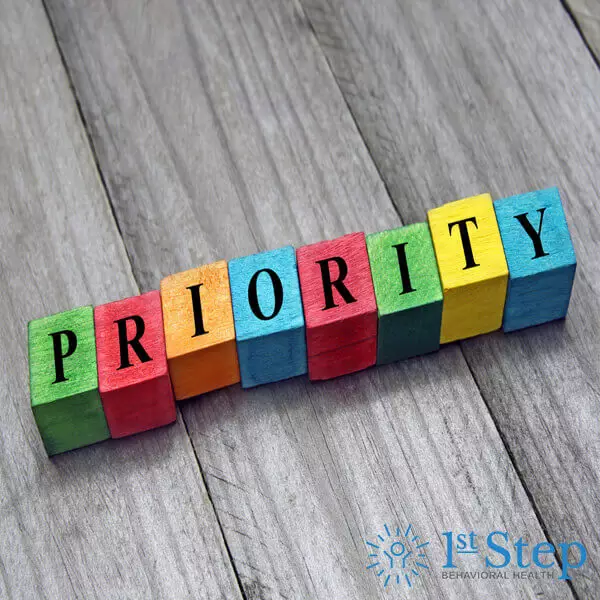Alcohol and Drug Addiction is disruptive to everyone in the addict’s life, especially family members. You may feel pressured to take care of the alcoholic or addict in your life and in the process, loose sight of your own needs. Now, more than ever, is the time to take care of yourself.
Get outside, take a yoga class, or go to the gym. Taking time to take care of your body will boost your metabolism and provide strength to show up for yourself and your loved ones. Drink plenty of fresh water, eat well and get enough sleep. Even though your loved one may be in crisis, you don’t have to treat your body like you are. Breathe!
Talk to a professional. If you have a loved one in the throes of addiction, you are likely in an emotional whirlwind. From anger to betrayal to guilt and shame, your emotions can run the gamut. During these times a professional can help you discover your strengths and see where you need to let go. It’s nearly impossible to be objective when alcoholism or addiction is taking over your family. Talking with someone can help put things in perspective. Taking care of your mental health is vital as dealing with an addict can make you feel crazy.
Go to a support meeting for yourself. There are people out there just like you. Going to an Alanon meeting and getting familiar with the twelve steps will help with your powerlessness and unmanageability. Taking care of your spirit allows you to remember where your power lies in the midst of the storm of addiction.
The best way to support your loved one is to make sure you are healthy. Learning about chemical dependency and how it’s affected you is a step in changing the underlying destructive patterns and reclaiming your life.
There are plenty of resources to help you help yourself. Call us today.

